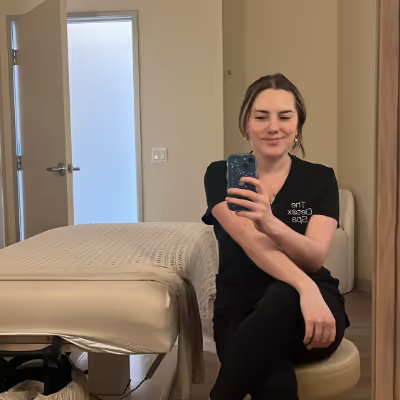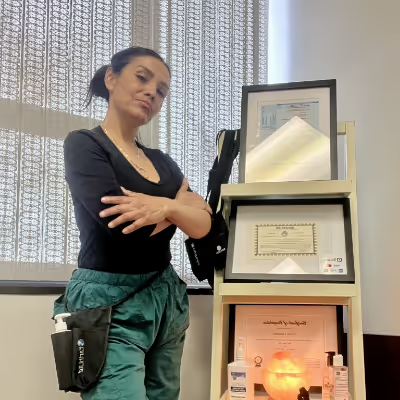The Interstate Massage Compact (IMpact) was created to facilitate professional mobility while ensuring public protection. It gives qualified, licensed massage therapists the freedom to work in IMpact member states with one multistate license — supporting modern practice needs, professional mobility, and public confidence.












The IMpact empowers massage therapists to practice across state lines without repeating licensing processes — making it easier to follow your opportunities, clients, and calling.


The IMpact helps employers meet growing demand by increasing access to qualified therapists who can legally work in multiple states, reducing hiring delays and workforce shortages.
The IMpact aligns education with professional opportunity — giving graduates the ability to build careers that are not limited by state borders.


The IMpact promotes unity, transparency, and collaboration, creating a shared framework that supports access to massage therapy.
The IMpact ensures that anyone seeking massage therapy receives care from qualified, licensed professionals who meet consistent national standards.

Like a driver’s license, the IMpact allows qualified massage therapists to practice in multiple member states with one multistate license — enhancing mobility and reducing administrative barriers.
Once the Compact Commission is operational the application procedure will be published. Until then, therapists can prepare by maintaining their home-state license in good standing, verifying or attaining 625 hours of education, and ensuring they have passed the national licensing exam.
Applicants must:
The Entry-Level Analysis Project (ELAP) identified 625 hours as the minimum number of hours required for a basic massage therapy education. This standard reflects empirical data, national consensus, and public input.
Yes. Documented continuing education can be applied toward the total when determining equivalency, subject to Commission rules.
Yes. The 625-hour education requirement applies to individual therapists seeking a multistate license, not to state education requirements.
The Commission will define “substantial equivalence” to ensure qualified long-practicing therapists can participate while maintaining safety standards.
No. Therapists meet their home state’s CE requirements but must follow each remote state’s laws and scope of practice.
You must reactivate your home state license first and reapply for multistate privileges as directed by Commission rules.
Fees will be determined by each state and the Commission. They are expected to be comparable to current single-state renewal fees.
Once seven states enact the Compact, the Commission will form, adopt rules, and build the data system. Multistate licenses are expected 12–18 months after Commission formation.
Each member state continues to investigate and discipline under its laws. The Commission ensures that disciplinary information is shared quickly among member states.
All licensure and disciplinary information is encrypted, securely transmitted, and accessible only to authorized regulators.
FSMTB provides administrative and policy support to member boards through multiple programs (MBLEx, CE Registry, etc.). The IMpact complements these by enabling national license mobility while reinforcing FSMTB’s mission of supporting public protection.
Yes, if they meet licensure and regulatory requirements. Currently, California, Kansas, Minnesota, Vermont, and Wyoming are ineligible due to lack of state licensure.
States can appeal or challenge rules through established procedures and retain the right to withdraw from the Compact if necessary.
Regulators remain responsible for licensing, enforcement, and discipline within their state. They also serve on the Commission to guide policy and rulemaking.
Disciplinary actions are shared instantly through the IMpact data system. Other states can take reciprocal or protective actions as needed.
To promote public protection, regulatory collaboration, and workforce mobility, ensuring qualified professionals can practice across state lines while maintaining professional standards.
